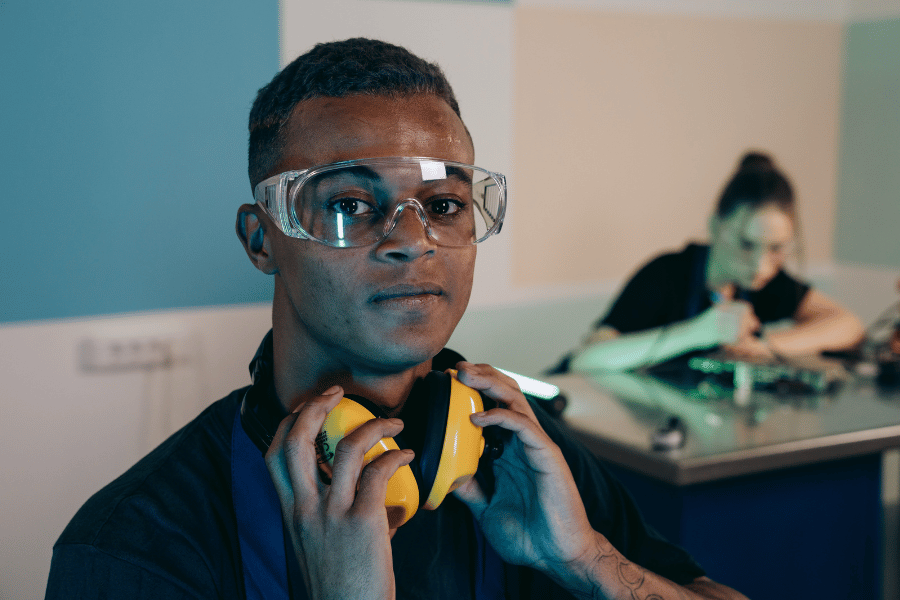Introduction
The aerospace and defense industry is undergoing a revolution, driven by automation, artificial intelligence (AI), and advanced robotics. These innovations are not just enhancing efficiency—they are reshaping how aircraft, defense systems, and space exploration technologies are designed and operated. As a result, there is a growing demand for automation engineers, controls engineers, and process engineers to help develop cutting-edge solutions for the industry.The Role of Automation in Aerospace & Defense
Automation is now at the core of manufacturing, maintenance, flight control, and defense operations. Companies are using AI, robotics, and machine learning to enhance:
- Aircraft Manufacturing: Robotics and automated systems are improving precision in assembly lines, composite material production, and quality control.
- Flight Operations & Navigation: AI-powered autopilot systems and real-time data analytics help optimize aircraft performance and safety.
- Defense Systems: Automation enhances unmanned aerial vehicles (UAVs), missile guidance, cybersecurity defense, and surveillance operations.
- Space Exploration: Autonomous rovers, robotic arms, and AI-driven mission control are essential for deep-space exploration and satellite deployment.
High-Demand Engineering Roles in Aerospace Automation
As automation reshapes the industry, engineering professionals with expertise in AI, robotics, and process optimization are in high demand. Some key roles include:
1. Automation Engineers
Automation engineers develop and integrate robotic systems, AI algorithms, and smart sensors to streamline manufacturing and defense applications.
2. Controls Engineers
These professionals design and program automated flight control systems, missile tracking software, and avionics automation solutions.
3. Electrical Engineers
Electrical engineers are responsible for designing power distribution, avionics networks, and automated communication systems for aerospace and defense technology.
4. Process Engineers
They focus on optimizing production lines, reducing waste, and improving the efficiency of automated aerospace manufacturing.
The Future of Automation in Aerospace & Defense
With increasing investments in autonomous aircraft, AI-driven defense systems, and robotic space exploration, automation will continue to dominate the industry. Future trends include:
- AI-Powered Military Drones: Advanced UAVs with autonomous decision-making capabilities will transform warfare and defense strategies.
- Smart Factories in Aerospace: Fully automated production lines will enhance efficiency, reduce human error, and lower costs.
- Autonomous Spacecraft: AI and automation will enable deep-space missions with minimal human intervention, expanding space exploration possibilities.
How to Build a Career in Aerospace Automation
For engineers looking to break into this field, here’s how you can prepare:
- Develop AI & Robotics Expertise: Courses in machine learning, robotics, and industrial automation will give you a competitive edge.
- Gain Hands-On Experience: Internships and projects in aerospace manufacturing, defense automation, and avionics systems will help you build practical skills.
- Partner with a Specialized Staffing Agency: Working with Vaca Staffing can connect you with top employers in the aerospace and defense sector.
Conclusion
The aerospace and defense industry is moving towards a fully automated future, creating exciting opportunities for skilled engineers. Whether you specialize in automation, controls engineering, or AI-driven processes, now is the perfect time to explore a career in this evolving field.
At Vaca Staffing, we help talented professionals connect with top aerospace and defense companies. Ready to advance your career? Contact us today! 🚀

